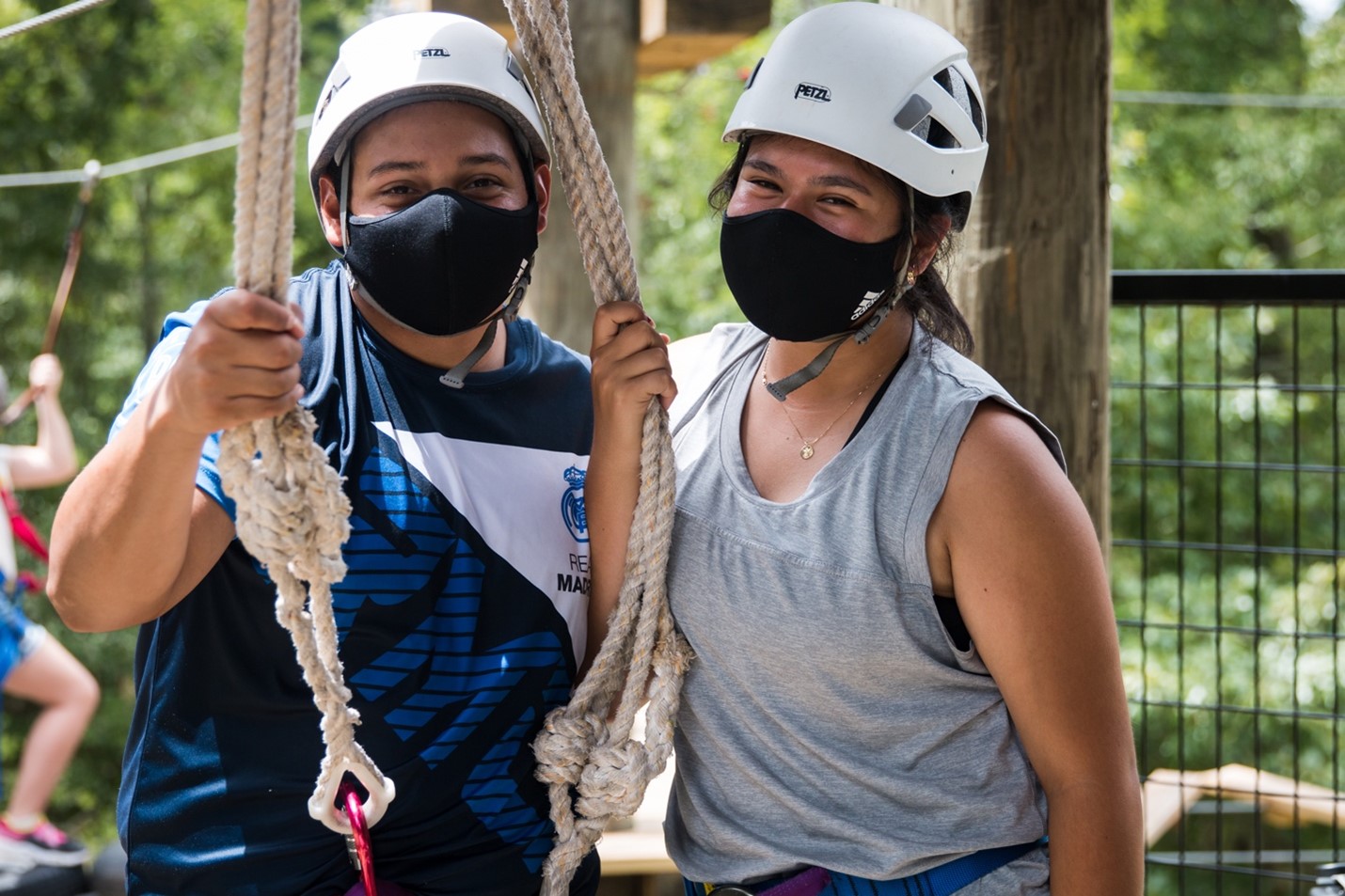
Photo courtesy of Carolina Creek
It’s possible the pandemic may include more stay-at-home orders in the future, resulting in more virtual learning and students interacting with their peers primarily through technology.
Youth workers, parents and camp leaders are asking, “How will isolation impact children and adolescents?” Pre-teen and teen years are incredibly formative, so what happens when kids are separated from their peers for long periods of time? “Young children are learning the basics of being social beings, and their parents and siblings can provide most of the input they need, while older children and adolescents are learning to navigate complex social groups of peers,” Developmental Psychologist Amy Learmonth, PhD, says.
Through in-person interactions, kids learn how to form friendships, and as they grow older, they begin to explore friendships at a deeper level, figuring out who they are and who they want their friends to be. Although teens are digital natives and have navigated friendships online for some time, there are benefits to being in-person such as reading body language and picking up on social cues that are often not a part of online interactions.
These experiences contribute to the foundations of adulthood. “If our teens’ experiences are stunted during this time, if they’re short-changed on opportunities to grow, learn and develop, I believe the impact from prolonged isolation will be greater on them,” Developmental Psychologist and Family Coach Cameron Caswell, PhD, says.
In an effort to curb the impacts of isolation and to serve youth, several camps have responded creatively to the challenges COVID has brought. Some camps and conference centers have opened their doors to host small cohorts of students to assist their virtual learning while also providing access to fun outdoor activities.
There is a great need for teens to gain independence and learn more about themselves, and camp is an ideal place for them to take calculated risks and try new things. Caswell says, “Being isolated at home can dramatically decrease their opportunities for new experiences and self-discovery.” While camps have been helping meet the social and emotional needs of campers for decades, this seems to be an especially important time in history for these organizations to serve youth and help them combat the impacts of isolation.
Search for a camp by location, amenities, pricing and availability at thepowerofcamp.com.





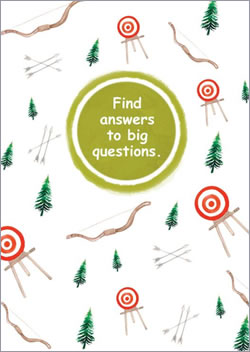
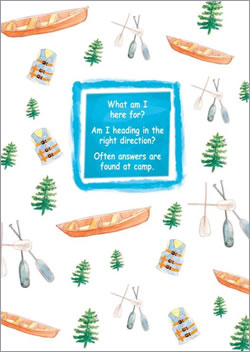


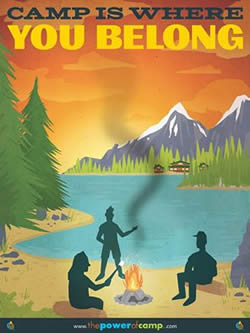

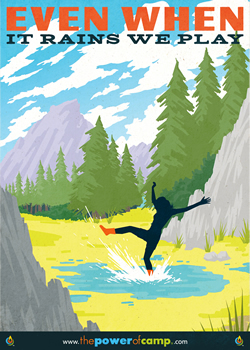
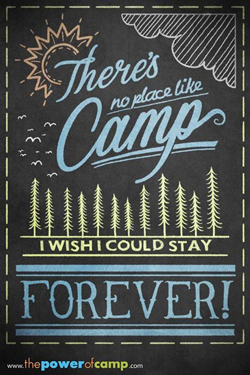
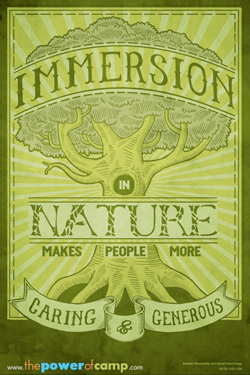
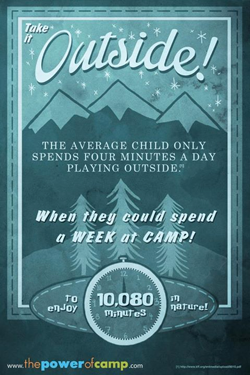

 INSTAGRAM
INSTAGRAM FACEBOOK
FACEBOOK TWITTER
TWITTER YOUTUBE
YOUTUBE